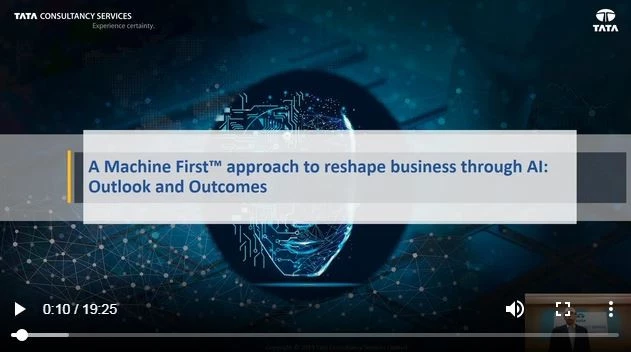
In rolling out an AI enabled enterprise, global corporate practitioners must consider how the technology affects the enterprise, talent's capabilities to change, the pace of implementation and a host of other issues. But the one force that can be a key determining factor in the fate of the bottom line of the AI enabled enterprise is ethics.
This whitepaeper reviews the possible ethical challenges that might arise in an AI model.
- Biased Decisions:
- Systems using machine learning process can show biasing many a times. Attention should be put to observe why the machine is biased and how it can be eradicated.
- Decision making and liability:
- Sometimes mistakes are made by the AI models, which leads to serious harm or risk. In such cases, the risk and responsibility will be borne by whom must be decided.
- Transparency:
- To know the accountability of any action, the clarity of machine reasoning plays the
utmost role. For a series of actions, finding out the exact root cause is a tedious task.
- To know the accountability of any action, the clarity of machine reasoning plays the
- Human values:
- Human values are very crucial and sensitive. The AI dealing in place of a human must be taught these values so that the machines will act morally and with empathy.
- Data protection:
- AI can help protect data through its intelligent security systems and models. But it also paves way for hackers to find new loopholes to hack these systems, which might lead to several issues like loss of data privacy, robbery of crypto currency etc.
- Misinformation:
- AI can easily be manipulated as machines, do not have the capability of
distinguishing reality from fake. They tend to believe any information is true if it has evidence.
- AI can easily be manipulated as machines, do not have the capability of





![Is Your Enterprise Ready For Machine First Delivery? [SURVEY]](https://eco-cdn.iqpc.com/eco/images/channel_content/images/tcs_machine_first_survey.webp)













